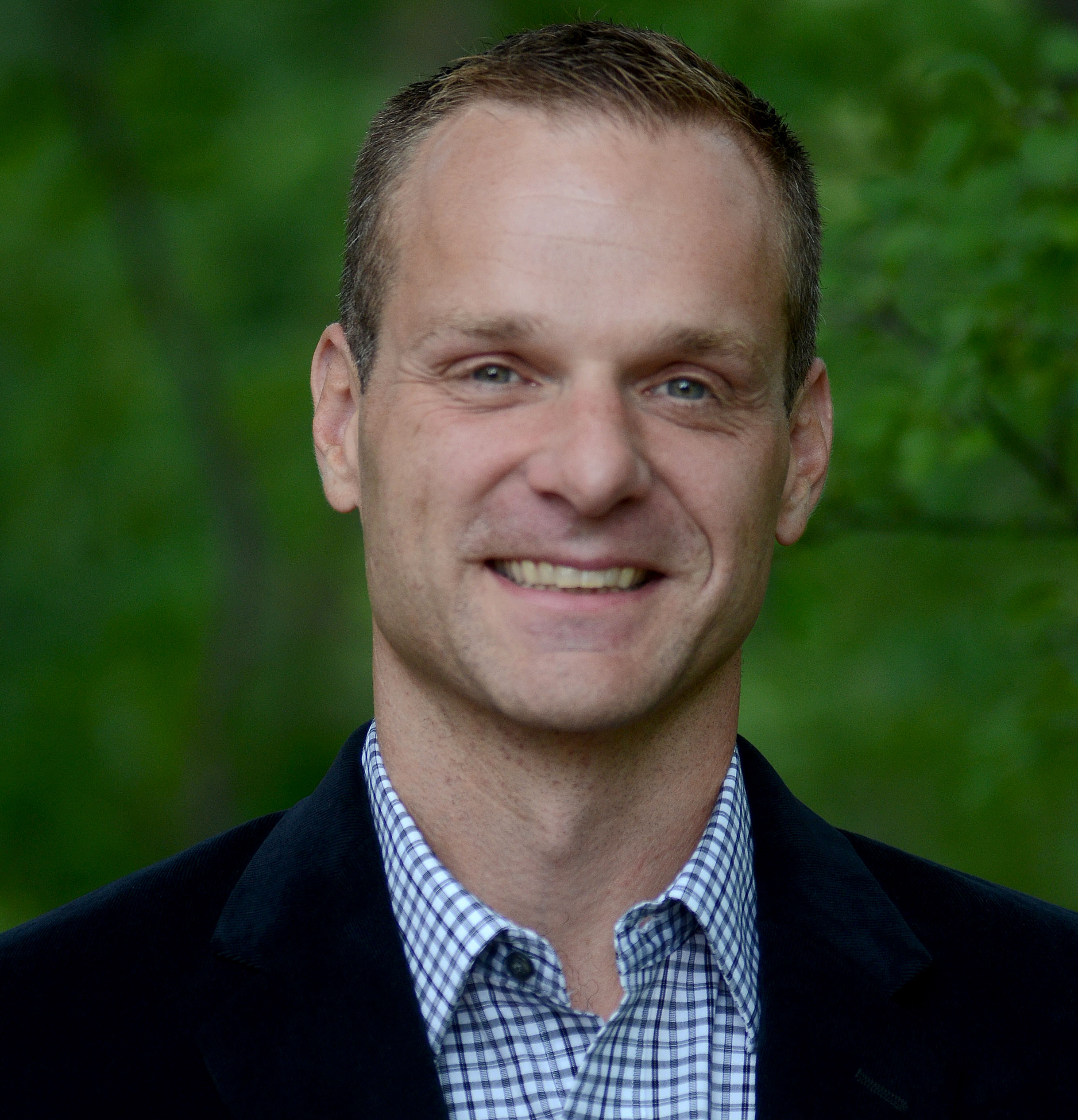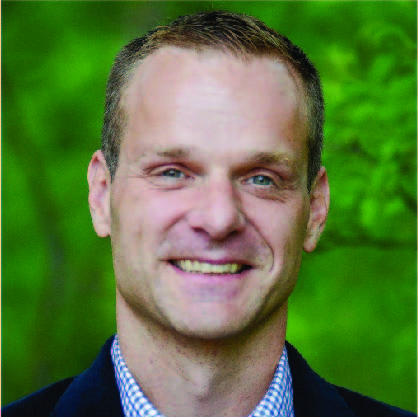Advancing Diversity, Equity, and Inclusion via Advanced Quantitative Courses

As Professor Diemer writes, “quantitative courses are commonly experienced as notation-heavy technical exercises that are divorced from both the lived experiences of students and from larger societal issues.” Students enter his advanced statistical method classes expecting to drilled with complex equations, often intimidated by the material, believing that they’ll never be “good at math.”
By integrating issues of diversity, equity, and inclusion into all aspects of the course, this project provides a roadmap for exploring the impact and causes of pressing social issues across various academic disciplines, especially those with heavy technical content. With a syllabus that centers the perspectives of diverse scholars, who are sorely underrepresented in other quantitative courses, students learn not only the advanced quantitative skills, but how to use those techniques to “speak the language” of those in power. Students go from being “statistics skittish” to being able to communicate and advance DEI in spaces where facility with highly technical quantitative concepts and techniques may be privileged.
In combination with a classroom climate where students are empowered to ask questions and make mistakes, and a self-reflective instructor aware of their own privilege and power in the classroom, this model can be readily replicated to education and social science quantitative methods classes. These innovations have significantly impacted student learning here at Michigan, increasing interest, enrollment, and persistence in quantitative courses, particularly among female students and students of color, explicitly puncturing the idea of who can be “good at stats.”
Student Comments
Thank you for assigning readings by Janet Helms. This means a lot to me, as I am unsure if I have ever had a Black woman’s work assigned for readings in a statistics course. I found this seemingly small gesture to be both very encouraging and thoughtful, and it changed my perspective about the impact, reach, and applicability of scholarship.
I consider myself a developing methodologist after taking this class. I am more confident and excited for future statistical endeavors!
It means the world to me to see the example of a white male professor who thinks about and studies issues of diversity, equity, and inclusion, with a teaching style that models the belief system while engaging with students.
This excellent course has changed the way I understand and value the psychometric properties of measures and scales. I have already changed my plans for the dissertation as a result.
After being trained to conduct rigorous, quantitative research, we have been called upon by U of M and local community members to help agencies interpret data and to provide guest lectures on the importance of rigorous quantitative methods in DEI research.
Learning the language of statistics has enabled many students who are interested in social justice to have a larger audience find our work valid and credible.

